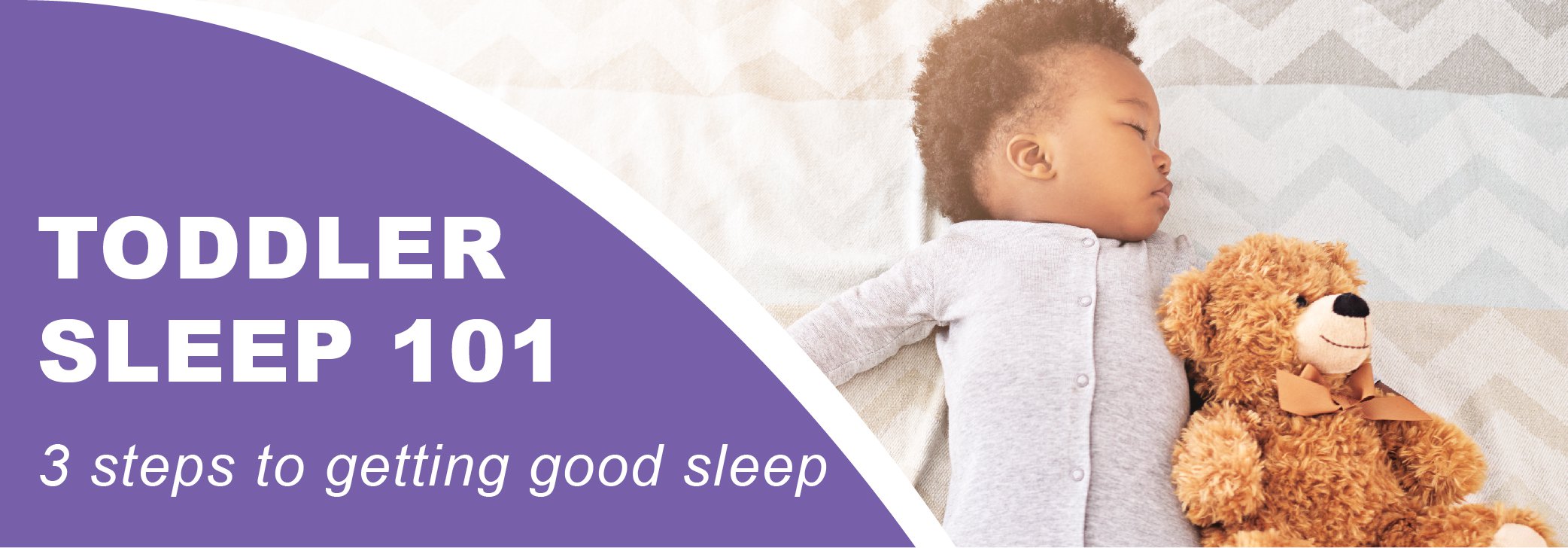
There’s nothing magical about the pitter patter of little feet at two o’clock in the morning. When a toddler isn’t sleeping well, it affects the whole household. Toddlers ages 1 to 3 years require 12 to 15 hours of sleep per day, and that sleep happens both during the day and at night. Oftentimes, a good night’s sleep will setup daytime sleep nicely, so that your child will be able to take their regular nap. So, how do you get a toddler to achieve a good night’s sleep? Start with these 3 steps:
1. Consistency is key for toddlers.
Create a bedtime routine, and follow it. Every. Single. Time. Start your routine at the same time every night and for every nap. Follow the same order of events, for example: bath, brush teeth, books, sip of water, song, lights out. Once this is a regular routine in your home, your child will come to expect each step and know when it’s time for bed.
2. A child’s bedroom should make them feel safe and comfortable.
Your child may benefit from a night light or some other ambient light that allows them to feel more at ease in their bedroom. Some calming music on a timer may also help them transition to sleep. Lastly, make sure the temperature in their bedroom is nice and cool. You don’t want them waking up from feeling hot.
3. Make a plan for the inevitable: at some point your toddler will show up in your bedroom in the middle of the night.
Parenting is hard, and doing it in the middle of the night doesn’t make it easier. Create a plan around how you will approach a toddler asking to come into your bed at night, and stick to it (see point number 1). Start by reassuring your child, and then place them back in their bed. Your middle of the night encounters should be brief and to the point – it is time to sleep. Avoid encouraging them to exit their room by playing with them or fulfilling requests for a glass of milk.
If you’re struggling with your toddler’s sleep schedule, there may be other sleep problems affecting your child. Make an appointment to discuss your concerns with your pediatric provider.
It’s easy to schedule an appointment with your pediatric provider – simply visit our online appointment tool, scroll to find your pediatric provider, and click to schedule an appointment at a time that works for your family!


